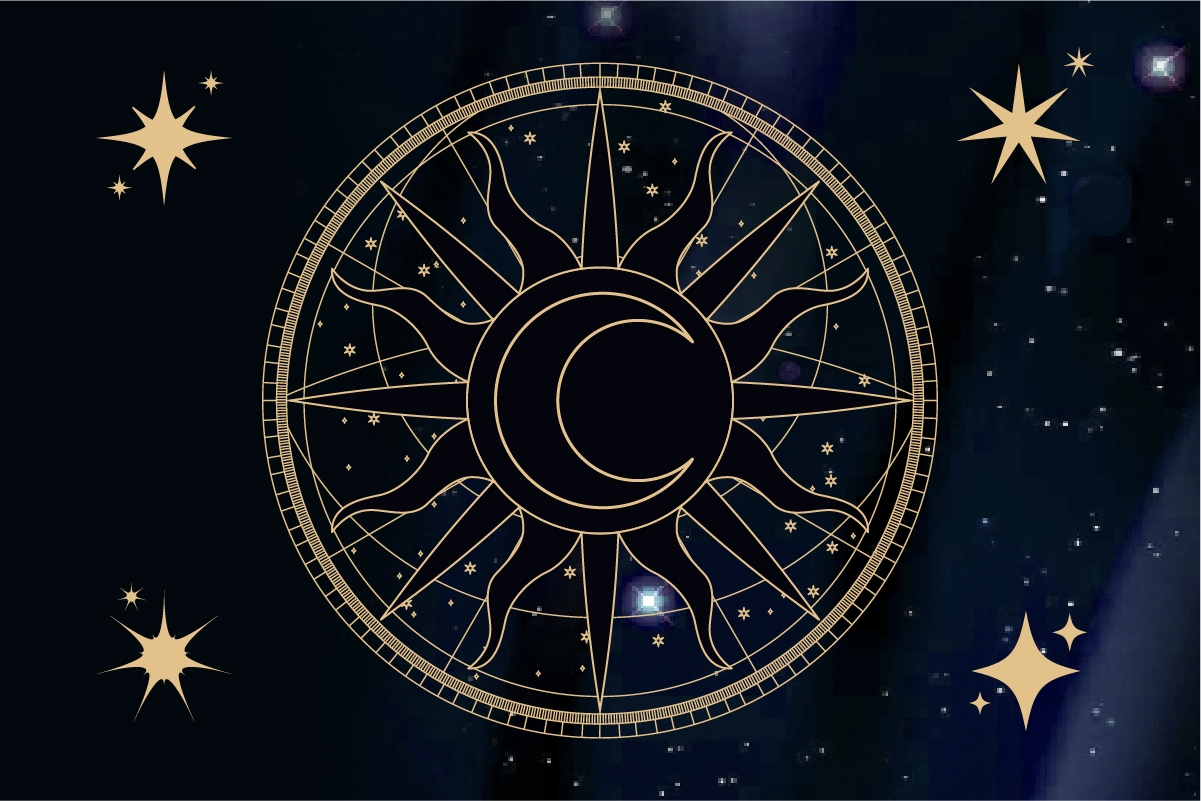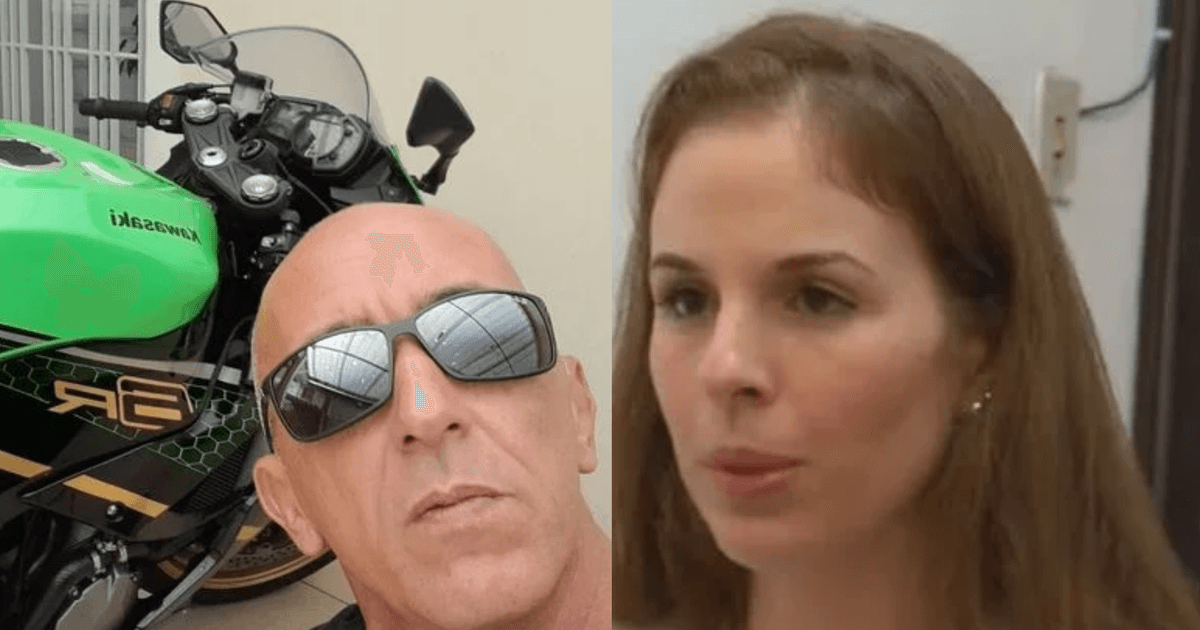The journalist's anguish in the face of André Ventura.

Why is it that when they have to interview the leader of Chega, journalists and commentators suddenly become stupid? The scene has been repeating itself for years. Nobody seems willing or able to ask André Ventura questions. They are there to contradict him, to refute him, to call him names. They are not, and never have been, like that with any other interviewee. Álvaro Cunhal, who in 1975 tried to abort democracy in Portugal, was always interviewed with civility, despite his unavoidable "complaints".
Do the interviewers, with their insults, gain anything from André Ventura? No. That's perhaps the most absurd aspect of all this. From interview to interview, everyone should have learned by now that Ventura is not intimidated by rudeness and is prepared for traps. It would also be expected that they would know something else: that the interviewer's attacks give Ventura a huge advantage. Other interviewees have to answer questions, or risk appearing unresponsive; Ventura only has to retort and retaliate with aggression and stones.
Don't journalists and commentators realize this? People, while not stupid, only behave as if they were for two reasons: either when they don't understand the situation, or when, understanding it, fear – the worst of emotions – paralyzes them to the point of being unable to act intelligently. The secret of the André Ventura interview seems to me to lie here: in the presence of Ventura, the journalist and the commentator are frightened people. But it's not Ventura who scares them. It's the others: all those whom the interviewer imagines are watching, listening to, or reading him interviewing André Ventura. It is the pressure of this imaginary crowd that makes the interviewer stupid.
The siege that the left and part of the right mounted against André Ventura did not dissuade 1.5 million Portuguese from making Chega, in six years, the second largest parliamentary party. They were not intimidated. But those who fight for jobs, positions, and prominence in the media system, they were terrified. The argument that Chega should not be "given a platform" or that Chega cannot be "normalized" turned the interview with André Ventura into the most dangerous exercise in journalism in Portugal. Facing Ventura, the interviewer knows that everyone is watching him. Will he let Ventura speak? Will he treat him like any other interviewee? Woe to him: he will be committing the crime of "giving him a platform" and "normalizing" him. Therefore, the interviewer's main concern, when faced with Ventura, is not to get him to answer questions, but to distance himself from him, to show that he has nothing to do with him, through the primitive tactic of confronting and insulting him.
In journalism, there are anti-Chega activists. But even the manifestation of prejudice, being so blatant, needs to be explained, because it is the rule, in relation to everything else and as a matter of professionalism, for journalists to try to appear impartial. Only in front of Ventura does the fanatic believe he can or even should expose his fanaticism. Even the most dedicated activist feels obliged to display excessive zeal. He is no less frightened.
In an interview with Ventura, it's as if the person being interviewed isn't Ventura, but the interviewer. For the interviewers, it functions like a kind of job interview. It's an opportunity to prove that they have nothing to do with Ventura and, therefore, deserve the consideration and positions they hold or aspire to. Just as when they rate Ventura's debates, they aren't thinking about the leader of Chega, but about colleagues and fellow party members who might accuse them of sympathizing with the devil or having little faith, and cause them to be "cancelled." They aren't interested in the truth, only in being accepted.
observador





